Optimal Timing for Masonry Installations
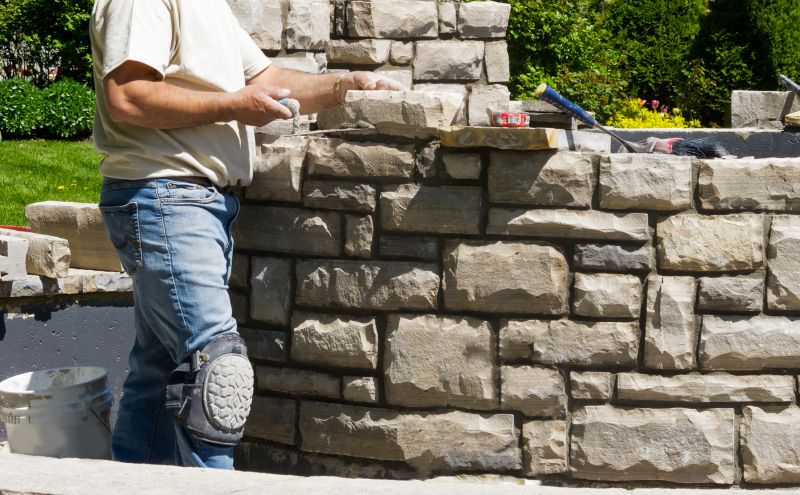
Spring offers moderate temperatures ideal for masonry work, reducing the risk of cracking and curing issues.
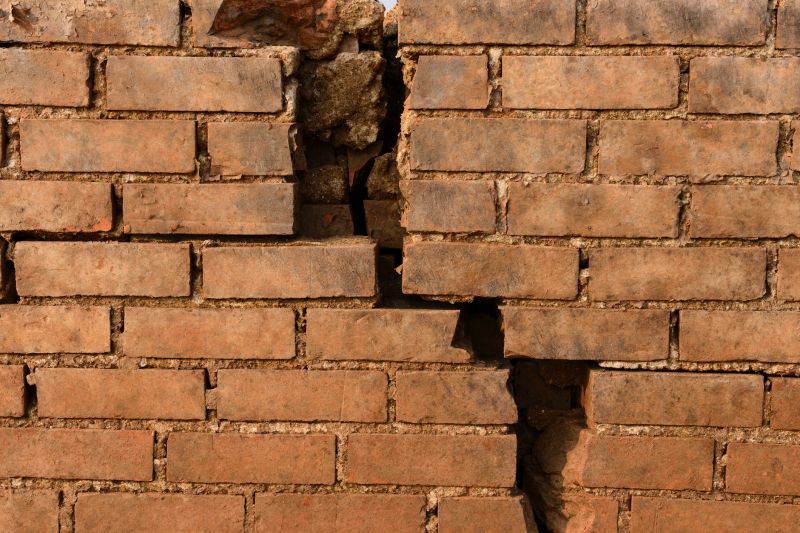
Summer temperatures can accelerate drying, but excessive heat may cause cracks; proper planning is essential.
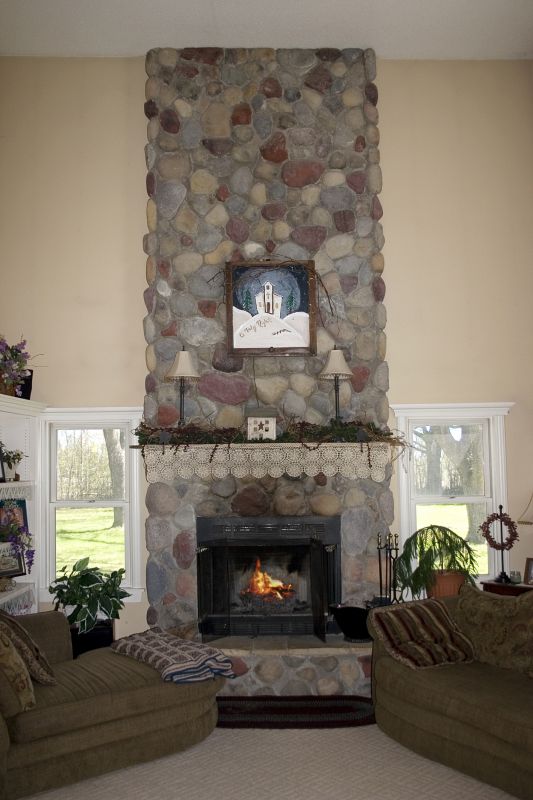
Fall provides cooler weather and lower humidity, making it suitable for durable and long-lasting masonry installations.
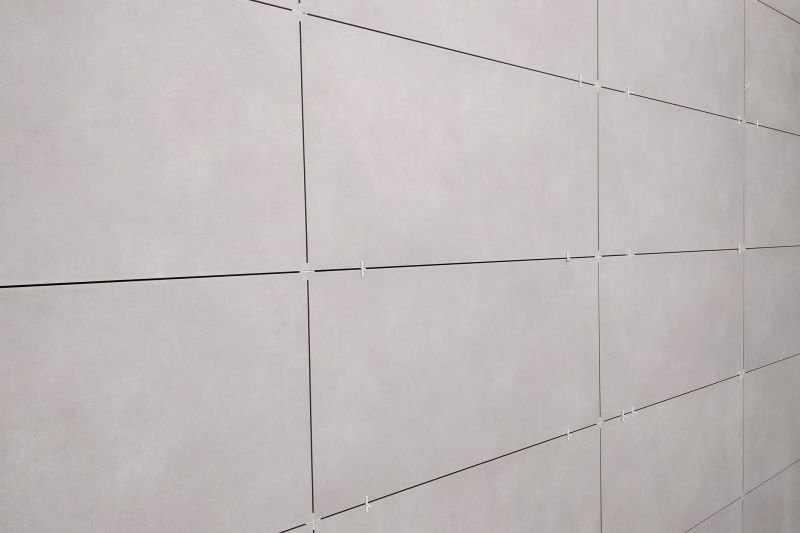
Ways to make Masonry Installations work in tight or awkward layouts.
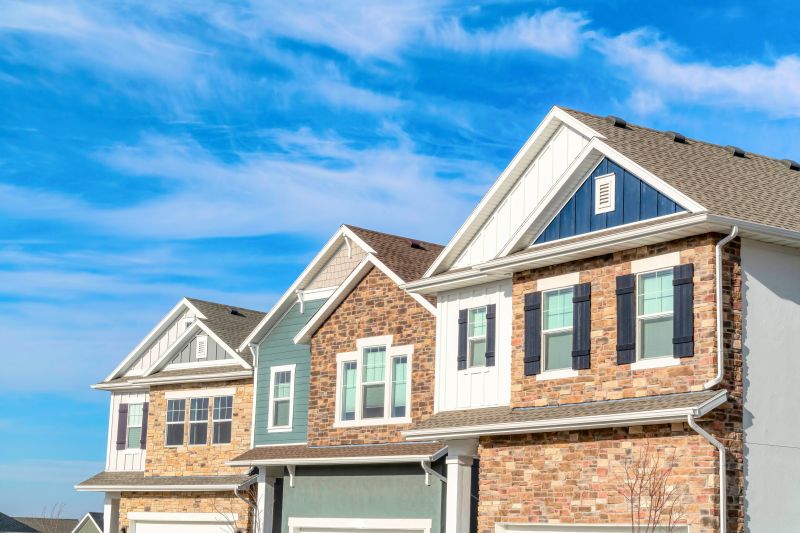
Popular materials for Masonry Installations and why they hold up over time.
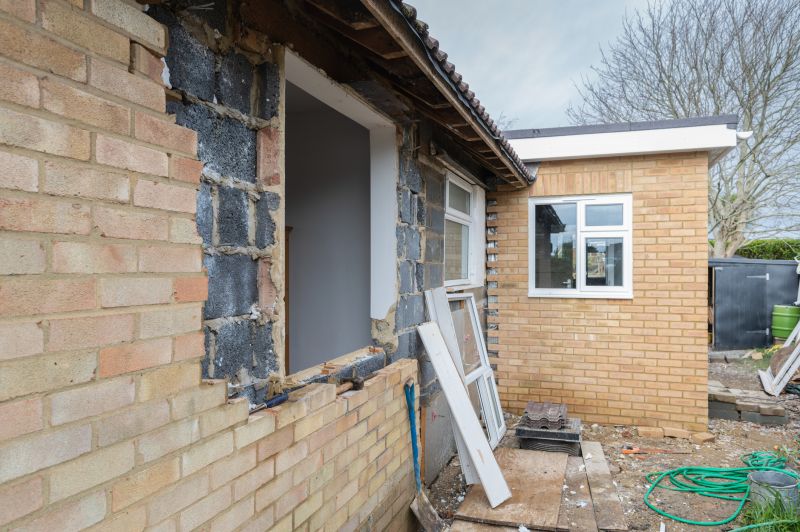
Simple add-ons that improve Masonry Installations without blowing the budget.
Ideal temperatures for masonry range from 40°F to 85°F, ensuring proper curing and minimizing cracks.
Low to moderate humidity levels support proper mortar setting and curing; excessive moisture can weaken bonds.
Rain and freezing temperatures should be avoided during installation to prevent damage and delays.
Spring and fall are generally considered the best seasons for masonry work due to favorable weather conditions.
| Season | Advantages |
|---|---|
| Spring | Moderate temperatures, lower humidity, ideal curing conditions. |
| Summer | Longer daylight hours, opportunity for early completion, but watch for excessive heat. |
| Fall | Cooler weather, less humidity, suitable for durable masonry. |
| Winter | Generally not recommended due to freezing temperatures and moisture issues. |
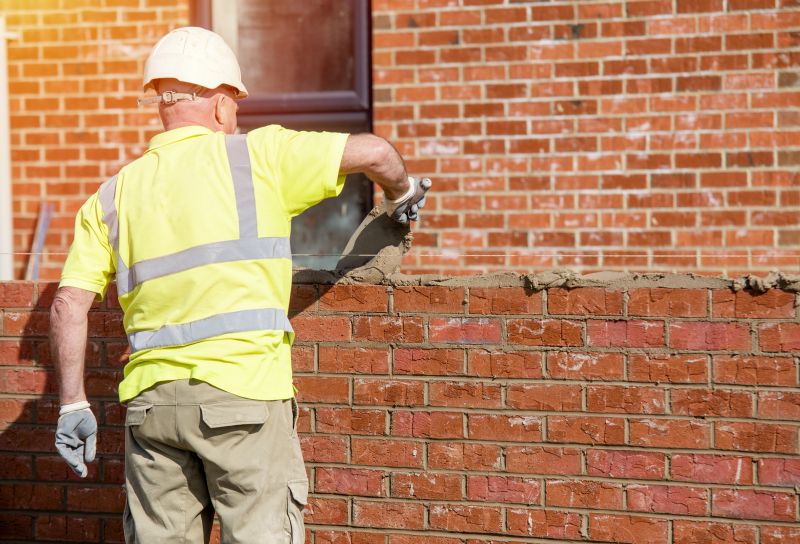
Spring offers optimal weather for durable masonry installations.
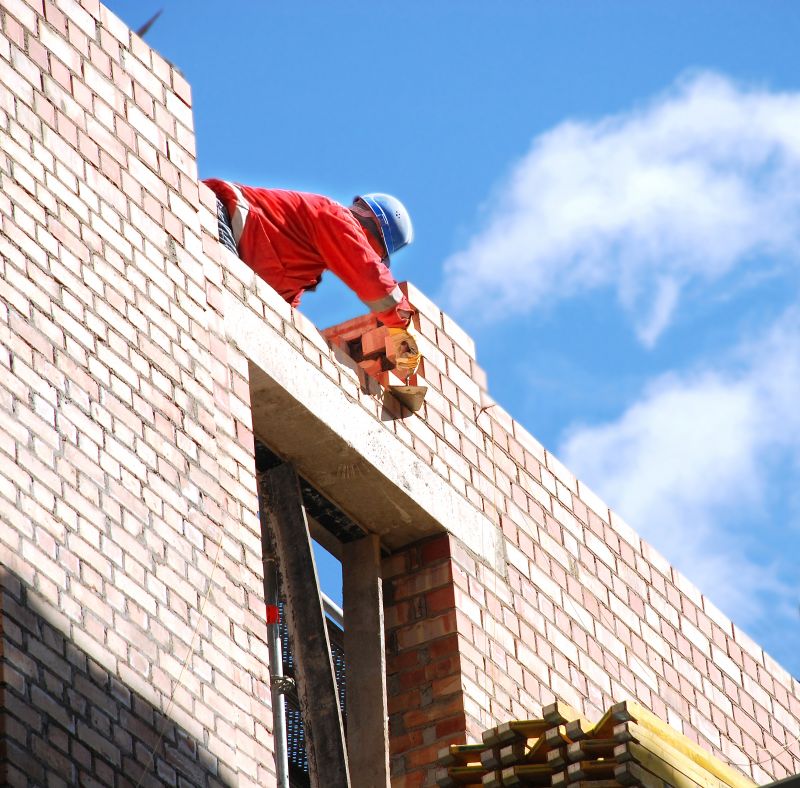
High temperatures require special precautions for successful masonry work.
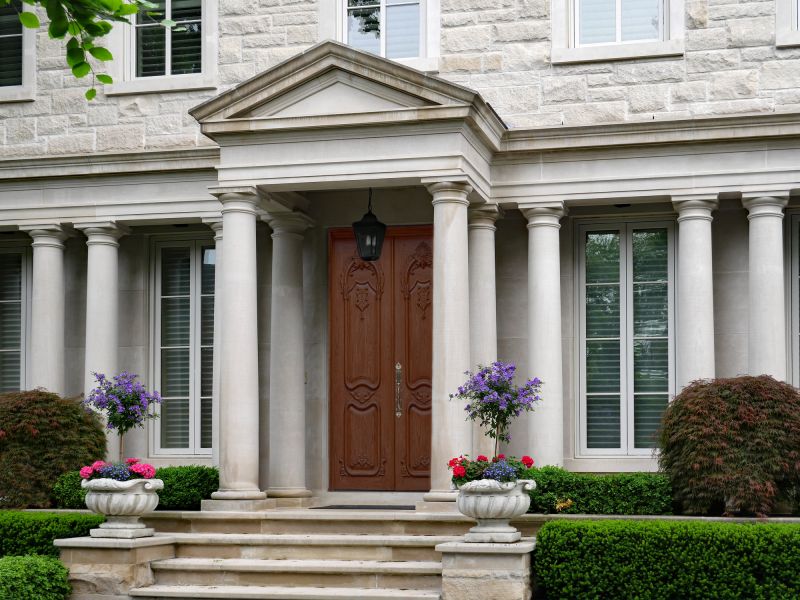
Fall provides ideal conditions for long-lasting masonry structures.
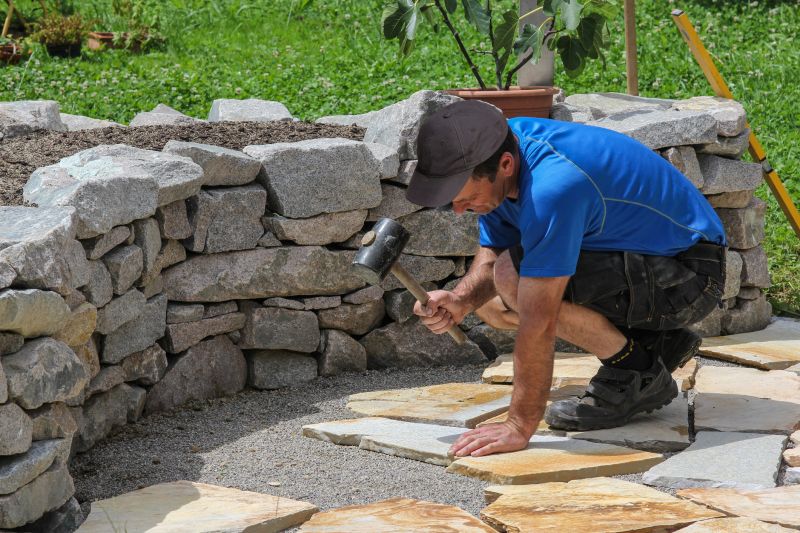
Cold weather can cause mortar freezing and structural issues.
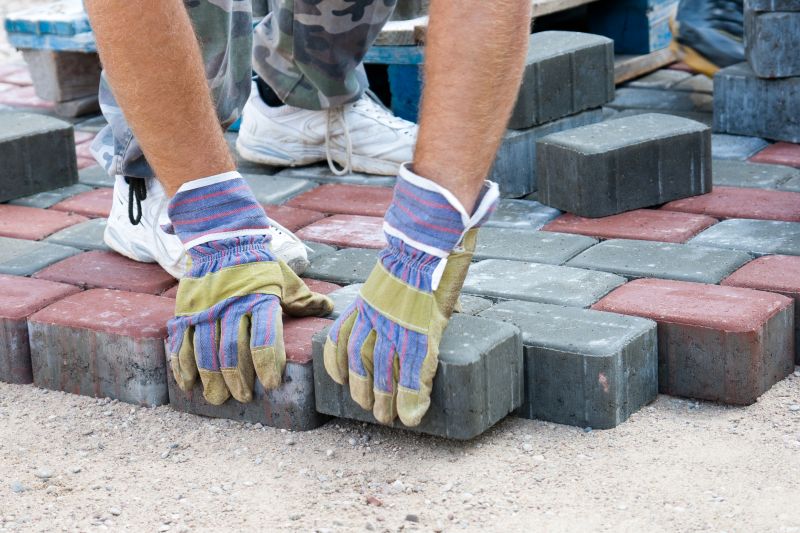
Proper planning around seasonal weather improves project outcomes.
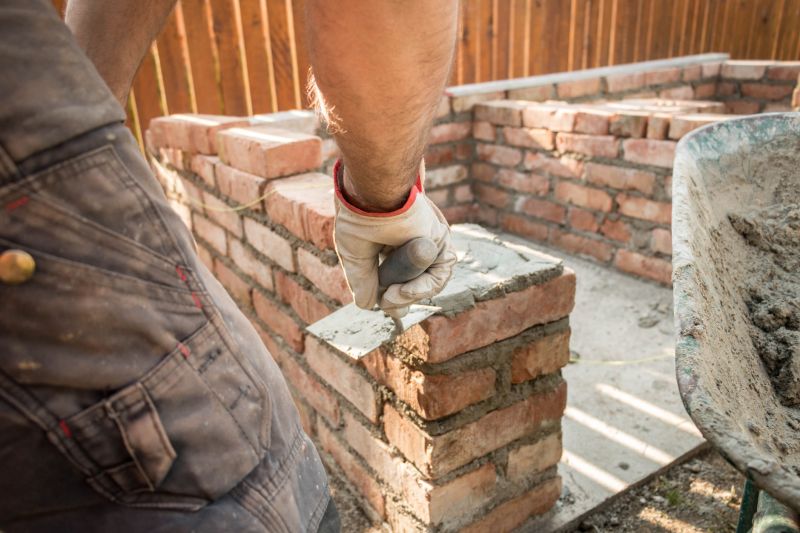
Choosing the right materials and timing enhances durability.
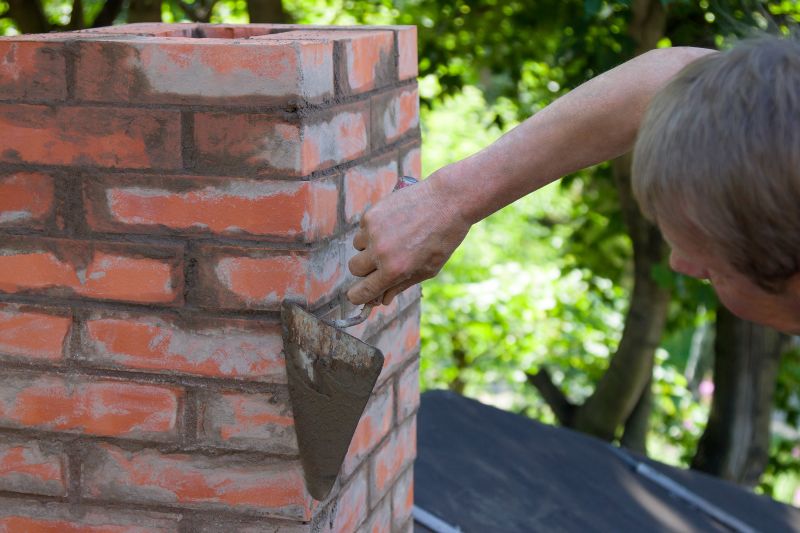
Timing masonry projects appropriately reduces repair needs.
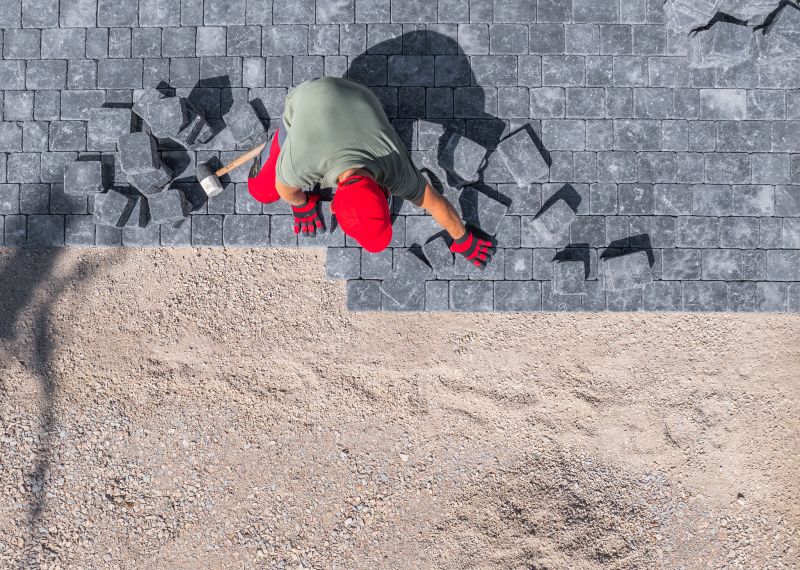
Coordinate with weather forecasts for optimal installation periods.
Understanding the optimal timing for masonry installations is essential for ensuring the longevity and stability of structures. Seasonal factors such as temperature, humidity, and precipitation directly influence mortar curing and material integrity. Planning projects during favorable weather conditions minimizes risks and enhances the quality of the finished work.
For those considering masonry work, it is advisable to schedule installations during spring or fall when weather conditions are most conducive. Proper timing not only improves the structural integrity but also reduces the likelihood of costly repairs or delays caused by adverse weather. Consulting with masonry professionals can provide tailored advice based on local climate patterns.
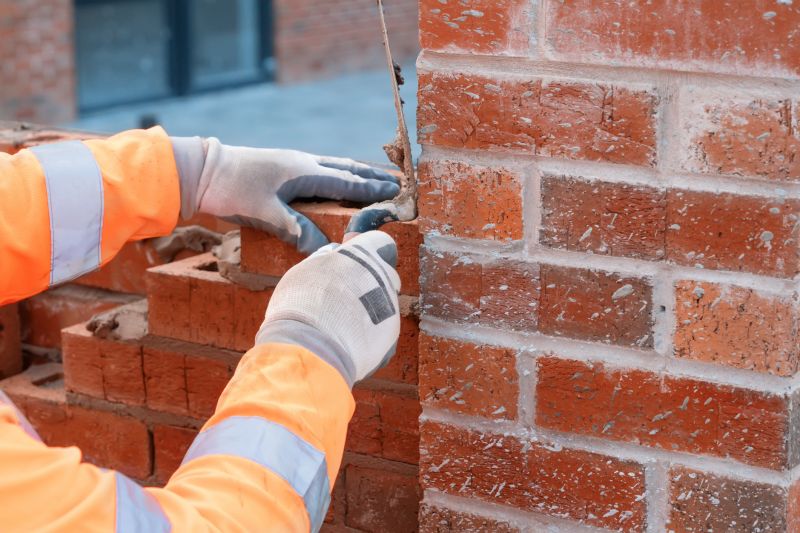
Experienced masons work efficiently when weather conditions are suitable.
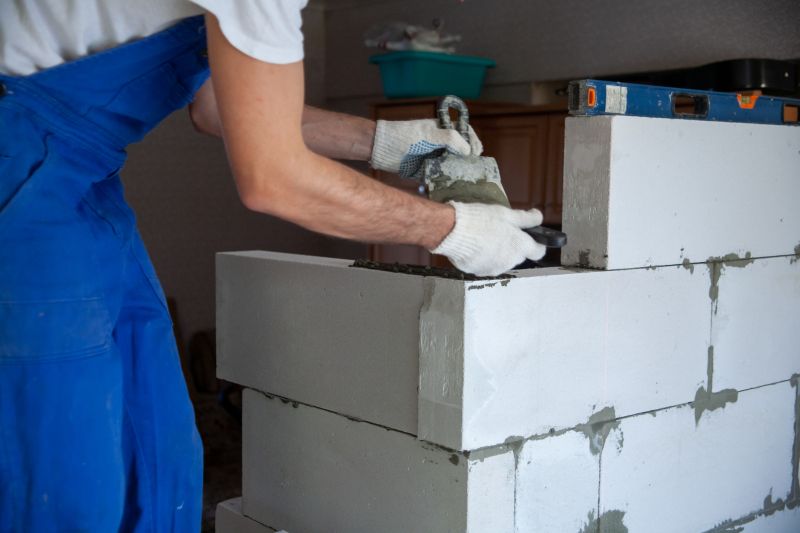
Timing ensures mortar and concrete cure correctly for maximum strength.
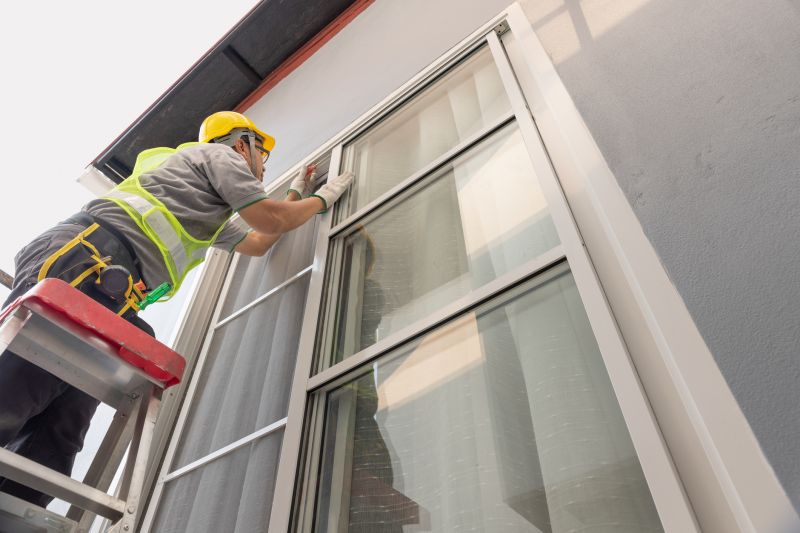
Scheduling around weather forecasts prevents project setbacks.
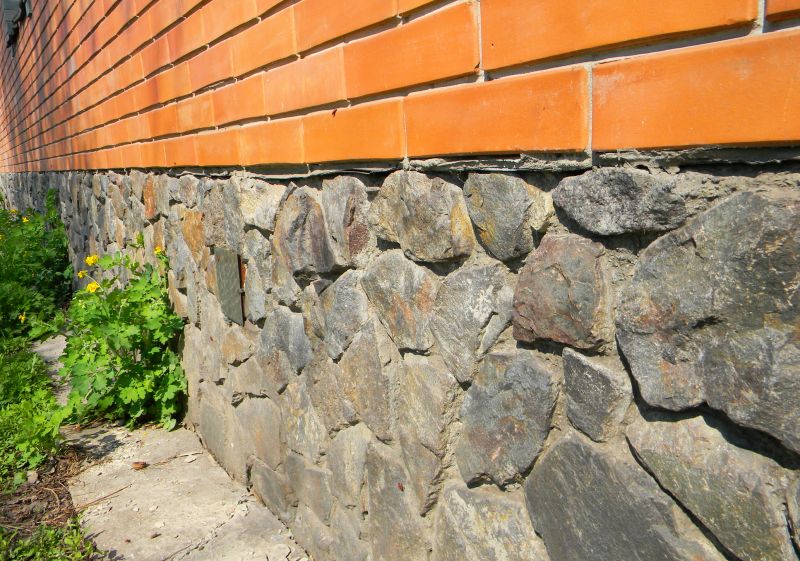
Optimal timing contributes to durable and resilient structures.
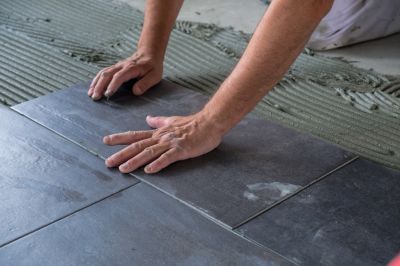
High-end options that actually feel worth it for Masonry Installations.
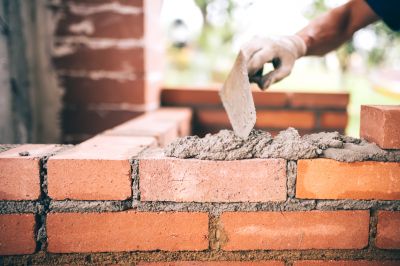
Finishes and colors that play nicely with Masonry Installations.
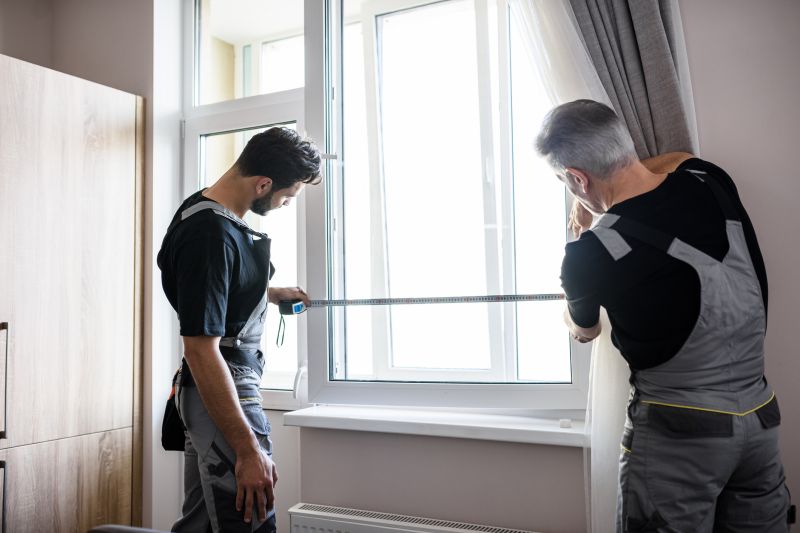
Little measurements that prevent headaches on Masonry Installations day.
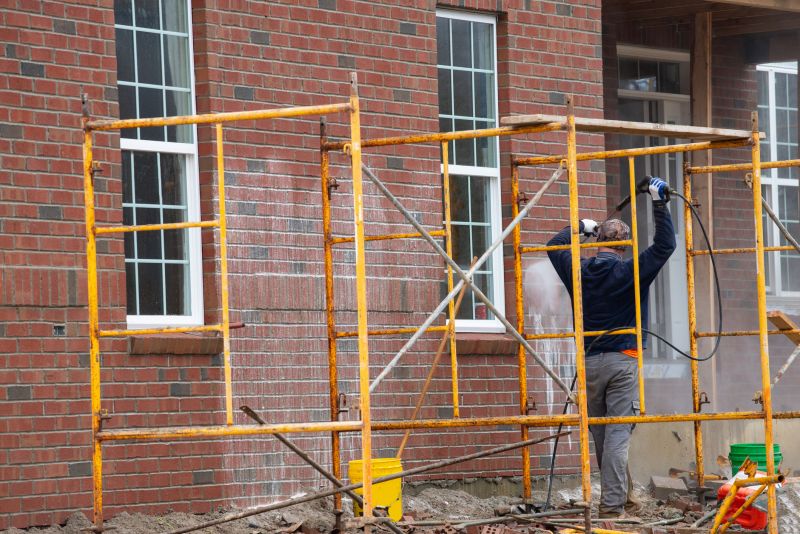
A 60-second routine that keeps Masonry Installations looking new.
Interested in masonry installations? Filling out the contact form can help determine the best timing for a specific project and ensure optimal results based on local weather patterns and project scope.
